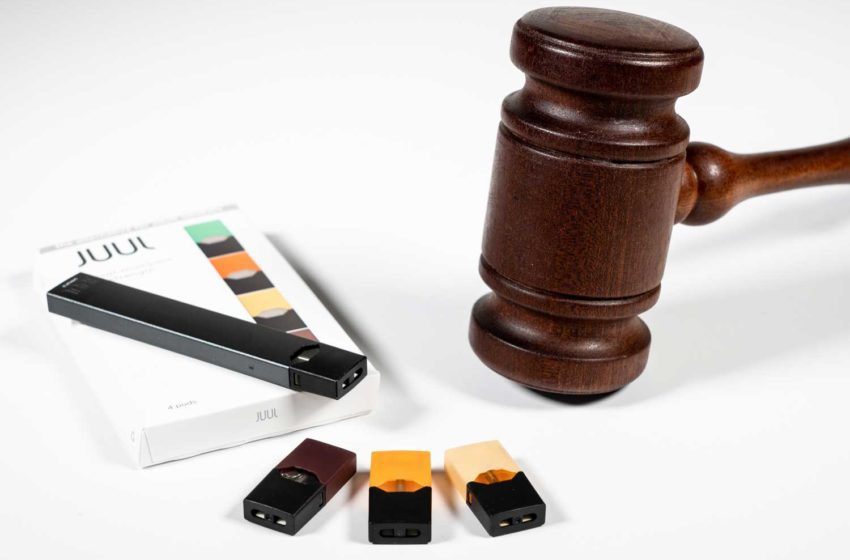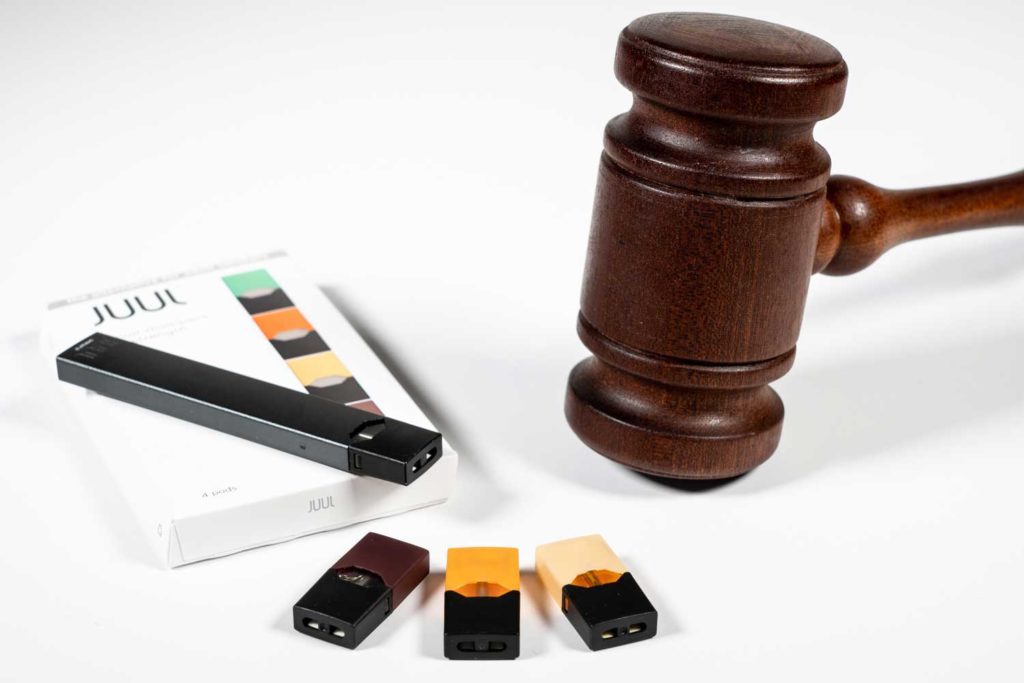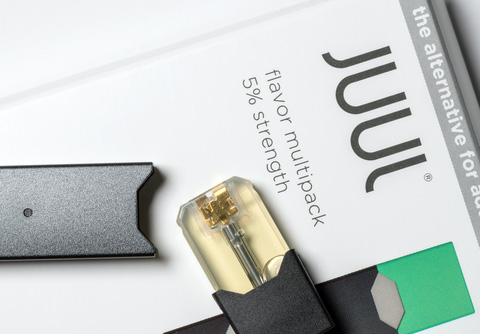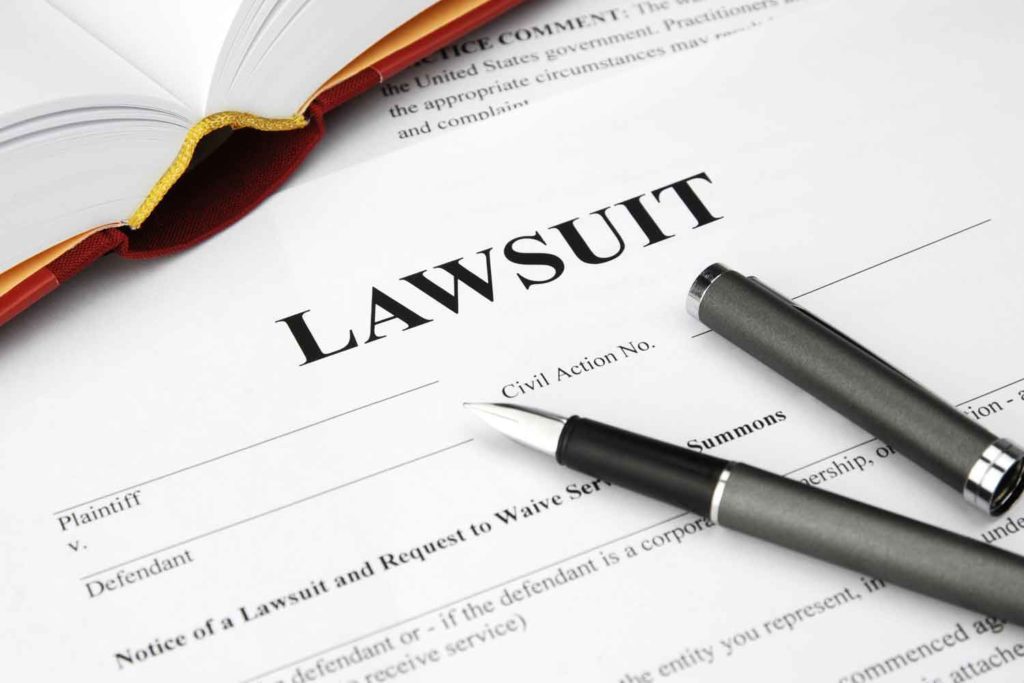
The U.S. Food and Drug Administration ignored evidence about health risks in considering premium cigars to be subject to same law as cigarettes, a federal judge ruled on July 5, reports Reuters.
The litigation focuses on the 2016 Deeming Rule, in which the agency identified a wide range of tobacco products, including premium cigars, to be subject to its regulatory authority along with cigarettes under the Family Smoking Prevention and Tobacco Control Act.
The FDA rule requires cigar makers to register their products annually, provide ingredient lists for each product and submit products for laboratory testing—procedures the premium cigar industry considers impractical for its handmade, “artisan” products.
The Premium Cigar Association and Cigar Rights of America challenged the Deeming Rule, arguing that, unlike cigarettes and e-cigarettes, premium cigars do not appeal to young people and are not associated with addiction. They cited studies showing that young people are unlikely to use premium cigars, that users of premium cigars are unlikely to smoke them frequently and that infrequent cigar use is not associated with increased mortality.
U.S. District Judge Amit Mehta in Washington DC agreed that the FDA had not adequately considered the studies cited by the plaintiffs, instead asserting that there was “no evidence” that premium cigars were less harmful.
“Where, as here, an agency speaks in absolute terms that there is no evidence, it acts arbitrarily and capriciously when there is in fact pertinent record evidence and the agency ignores or overlooks it,” the judge wrote.
Judge Mehta asked the FDA and the industry groups to submit briefs on whether he should vacate the FDA’s decision or simply remand the matter back to the agency.




















